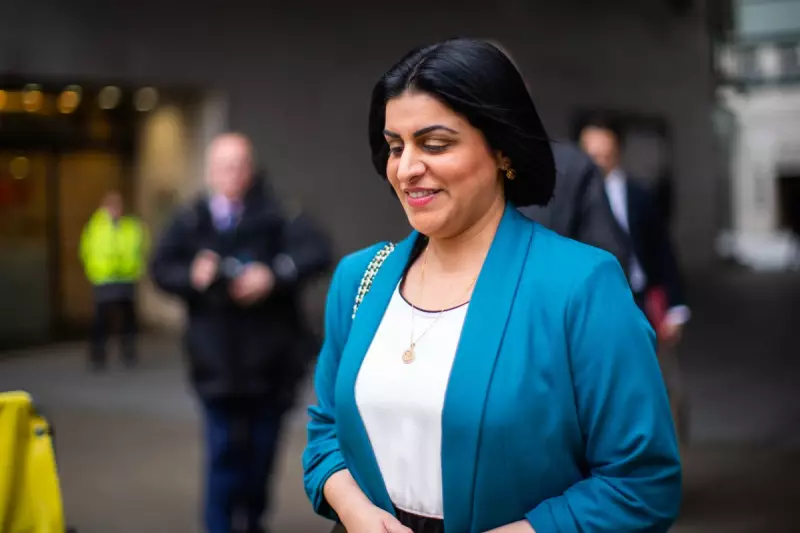
Home Secretary Shabana Mahmood has announced the most significant reforms to the UK's legal migration system in years, declaring that settlement in Britain is now a 'privilege, not a right' that must be earned.
The New Contribution-Based Model
Under the new system, migrants seeking Indefinite Leave to Remain (ILR) will face a series of mandatory conditions. These include maintaining a clean criminal record, making three years of National Insurance contributions, and demonstrating English language proficiency at A-level standard.
The most substantial change, however, is the extension of the default qualifying period for ILR. This will now be ten years, a significant increase from the previous five-year requirement.
Variable Qualifying Periods Based on Contribution
The system is designed to be flexible, with the ten-year period acting as a baseline. The government has outlined specific circumstances that can alter this timeline.
Shorter routes to settlement will be available for individuals deemed high contributors. This group includes high taxpayers, those recognised as global talent, and essential public service workers.
Conversely, the qualifying period will be extended for others. This applies to individuals who have claimed benefits, entered the UK illegally, or are part of the so-called 'Boris-wave' cohort. For illegal entrants, the wait for long-term residency could be as long as 30 years.
Implications and Scope of the Changes
In a further move, Mahmood confirmed plans to ban migrants without citizenship from claiming benefits. It is crucial to note that these sweeping changes will not be applied retroactively. Anyone who already holds settled status will be unaffected by the new rules.
Announced on Thursday, 20 November 2025, these policies signal a fundamental shift in the UK's approach to immigration, prioritising economic contribution and integration.





